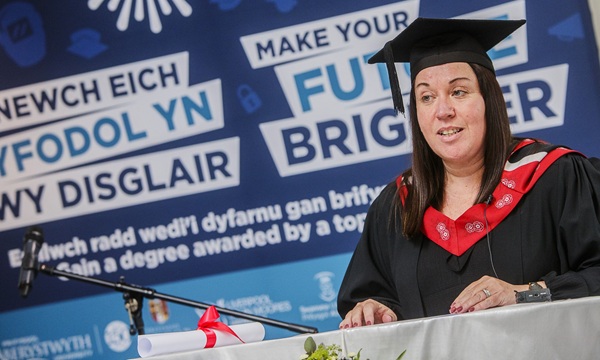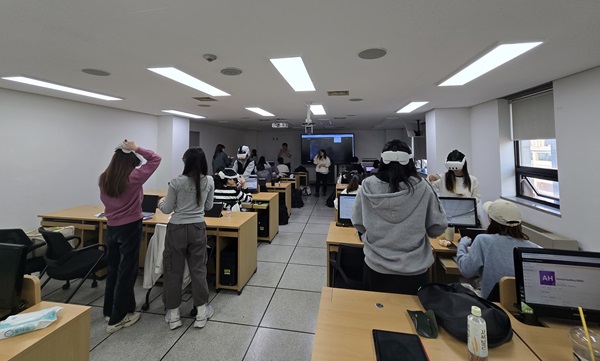The business transport of the near future is likely to see a mix of company cars and newer, mobility style solutions, according to authoritative new research included in Arval Mobility Observatory’s 2019 Barometer.
It shows that few organisations would be willing to give up their company cars completely but there is an appetite to use them alongside new and emerging options such as car sharing, ride sharing, private lease vehicles and medium-term rental.
The finding comes from the independent report, which covers 3,930 businesses and asks a wide ranging set of questions about fleet and mobility trends.
In response to a question asking whether companies would fully or in part give up their vehicle for a range of alternatives, just 7% said they would probably or certainly opt instead for car sharing, 9% for ride sharing, 8% for a mobility budget, 11% for a private lease vehicle and 7% for mid-term rental.
Alongside this, however, there are also signs of widespread interest in mobility solutions. Car sharing is already being used or considered for use with the next three years by 31% of respondents, ride sharing by 45%, mobility budgets by 21%, private lease by 23% and medium term rental by 22%.
The research also looks at reasons why drivers are unlikely to want to give up their company cars. They are ease of motoring (mentioned by 16% of respondents), not having to finance their own vehicle (14%), no risk of ownership (10%) and delivery of a new car every 3-4 years (8%).
Shaun Sadlier, Head of Arval Mobility Observatory in the UK, said:
“There is a lot of discussion in businesses about the viability of mobility solutions at the moment and our research shows that interest is high. Overall, we believe that there is considerable potential.
“What is clear above all though, is that the company car looks set to remain the core business transport method for the foreseeable future. While decision makers and employees in organisations are interested in mobility solutions, it appears that the vast majority see them as a supplementary or partial alternative.
“The reasons for this are simple, we believe. Some of them are revealed in our research by showing how much employees value having a company car and the benefits it brings. The other is that, when a typical multi-stop journey is undertaken, a car is literally the only practical option in the vast majority of cases, as well as being the most cost-effective.
“These findings confirm that what is likely to develop in the medium term is something we have been predicting for some time – a mixed provision model where a range of mobility solutions are used alongside company cars with employees using the most appropriate form of transport for each journey.
“Our belief is that, over the next few years, as awareness of mobility products and services grow, one of the most interesting developments will be the process that businesses undergo in learning how to use mobility options in the most effective manner.”
Proportion of companies ready to give up all or part of their company car for alternative mobility solutions
All Fewer than 10-99 100-999 More than 1000
10 employees employees employees employees
Car 7% 3% 7% 8% 14%
Sharing
Ride 9% 8% 9% 10% 10%
Sharing
Mobility 8% 6% 9% 7% 13%
Budget
Private 11% 8% 7% 10% 20%
Lease
Mid-term 7% 2% 4% 6% 19%
Rental
Which of the following mobility solutions are you already using or would consider in the next three years?
All Fewer than 10-99 100-999 More than 100
10 employees employees employees employees
Car 31% 10% 24% 41% 57%
Sharing
Ride 45% 22% 51% 55% 65%
Sharing
Mobility 21% 13% 22% 23% 32%
Budget
Private 23% 15% 14% 20% 49%
Lease
Mid-term 22% 11% 21% 21% 45%
Rental
About the Arval Mobility Observatory
Arval Mobility Observatory is the new name for the company’s long-established Corporate Vehicle Observatory Barometer, widely recognised as one of the most authoritative pieces of research carried out in the fleet and mobility sector. Each year, a highly detailed series of questions provide a comprehensive examination of trends in the UK and across Europe.
For 2019, 3,930 separate and detailed interviews were carried out with managers responsible for fleet and mobility decision making, ranging in size from just one vehicle to thousands of cars and vans.








